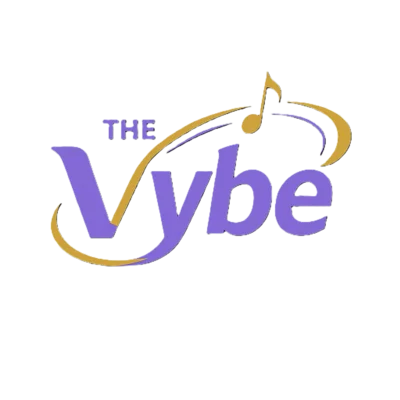After weeks of tension and uncertainty, Congress appears poised to end the longest government shutdown in U.S. history. On Wednesday, House Republicans—joined by a handful of Democrats breaking ranks—are expected to vote in favor of a stopgap funding package that will get federal workers back on the job and restore vital services for millions of Americans.
The bill, which would extend government funding through January 30th, has already cleared a major hurdle in the House Rules Committee, which voted along party lines to approve a streamlined debate. Only one hour of floor discussion stands between lawmakers and a final vote, with no room for amendments, sharpening the focus on what many hope will be a definitive resolution.
Republicans currently hold a slim 219-213 majority in the House, bolstered by President Donald Trump’s vocal support for the package. Speaker Mike Johnson of Louisiana, who has kept the House on standby for nearly two months, urged members to prioritize the good of the country over partisan divisions. “My urgent plea to every Democrat in the House is to think carefully, pray and finally do the right thing,” Johnson said, signaling a desire to bridge the gap after weeks of acrimony.
Many Democrats remain frustrated, especially after Senate colleagues struck a deal without securing an extension of federal health insurance subsidies—a key party priority following electoral wins in New Jersey, Virginia, and New York City. With no promise from Speaker Johnson on future health care votes, House Democrats feel their leverage may be slipping.
Minority Leader Hakeem Jeffries of New York didn’t mince words in a social media post Wednesday. “Donald Trump and Republicans believe the affordability crisis in America is made up,” Jeffries wrote. “That’s why these extremists haven’t done a damn thing to lower the high cost of living. You deserve better.”
If passed, the bill will await President Trump’s signature. The president celebrated the Senate’s approval earlier this week, calling it “a very big victory.”
The vote promises to reinstate essential food assistance programs, fund air traffic controllers, and cover back pay for hundreds of thousands of workers. Also tucked into the package are three full-year funding bills covering military construction, agriculture, and legislative operations. Yet controversy persists—most notably, the inclusion of a provision allowing eight Republican senators to seek damages from the Justice Department for alleged privacy violations in connection with the January 6 investigation.
Senator Patty Murray, the top Democrat on the Senate Appropriations Committee, called out what she views as an unfair payout, saying, “Not a cent for healthcare, but Republicans wrote in a corrupt cash bonus of at least $500k each for 8 GOP Senators.”
One element sure to capture attention is the renewed push for transparency around the late Jeffrey Epstein. With the House back in service, Speaker Johnson could soon face a petition to release all unclassified records related to Epstein, following the swearing-in of Rep.-elect Adelita Grijalva of Arizona, whose support is expected to tip the scale.
Barring a last-minute revolt—unlikely, according to Freedom Caucus Chair Andy Harris—the funding package seems set to pass, perhaps with only token opposition from a handful of House Republicans.
As lawmakers prepare to cast their votes, the nation watches, hopeful that this long period of dysfunction will finally give way to cooperation—and, for the everyday American, a return to normal.
Aaron Bowman/The Right Vibe

























